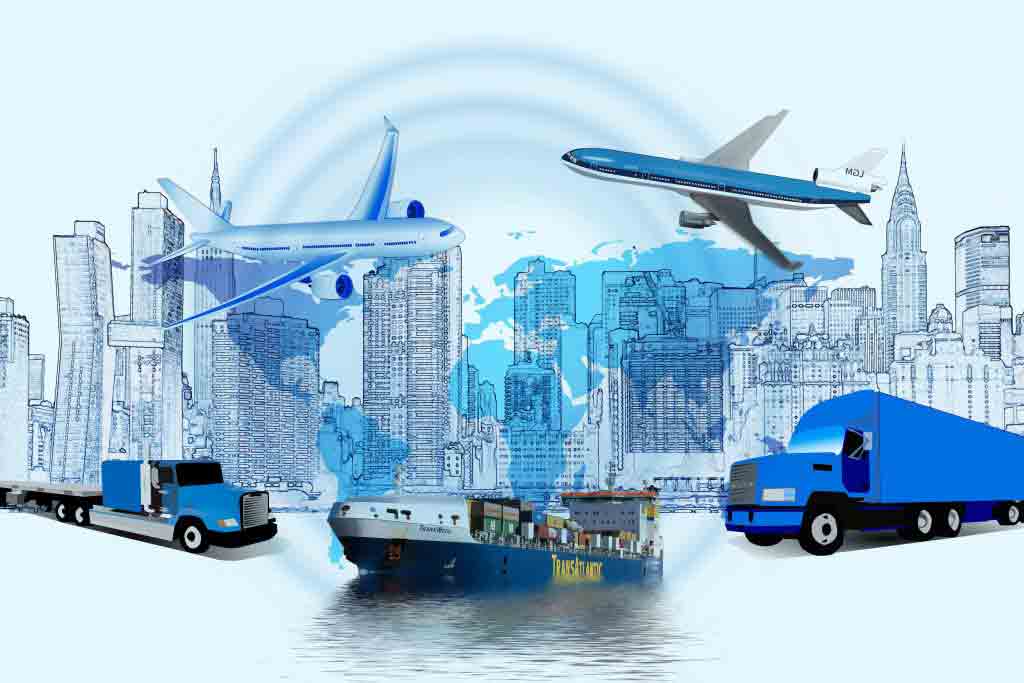Transport Services
Overview of Transport Services:
Transport services encompass the organized and efficient movement of people and goods from one location to another. This vital industry relies on diverse modes, such as road, rail, air, maritime, and intermodal transportation. Consequently, each mode plays a distinct role in facilitating the flow of goods and people across regions and countries.
The Role of Transport Companies:
Companies providing transport services play a pivotal role in facilitating global trade. Moreover, they ensure timely deliveries and connect regions across the globe. As a result, their services are essential for the functioning of various industries, including retail, manufacturing, and logistics.
Technological Advancements in Transport Services:
With advancements in technology, real-time tracking, route optimization, and sustainable practices have become integral aspects of modern transport services. For instance, real-time tracking enables both customers and companies to monitor the progress of shipments, which enhances transparency and trust. Furthermore, route optimization not only improves efficiency but also helps in reducing fuel consumption and operational costs.
Environmental Responsibility and Sustainability:
In addition to efficiency, sustainable practices are becoming increasingly important in the transport industry. Consequently, many companies are adopting eco-friendly technologies and practices, such as electric vehicles and energy-efficient shipping methods, which help to reduce the environmental impact of transportation.
Transport Services and Economic Development:
In essence, transport services form the backbone of interconnected supply chains. By enabling the seamless flow of goods, these services foster economic development. Additionally, efficient transport systems contribute to increased productivity, reduced costs, and enhanced global trade, all of which promote economic growth.

Various Modules of Transport Services
1. Road Transportation:
This module utilizes a network of roads and highways for the movement of goods and passengers. Trucks, vans, and other road vehicles play a crucial role in providing flexible and last-mile delivery services.
2. Rail Transportation:
Rail transport involves the use of trains to move goods and people. It is particularly efficient for long-distance, bulk transportation, offering a cost-effective and environmentally friendly alternative.
3. Air Transportation:
Air cargo is crucial for swift and long-distance transportation of high-value or time-sensitive goods. Airlines provide a rapid mode of delivery, connecting distant locations across the globe.
4. Maritime Transportation:
This module employs ships for transporting large volumes of goods across oceans and seas. Maritime transportation is cost-effective for bulk shipments, especially raw materials and finished goods on a global scale.
5. Pipeline Transportation:
Pipelines are utilized for transporting liquids, gases, and solids over long distances. Commonly used for oil, gas, and chemicals, pipeline transportation offers a continuous and safe mode of conveyance.
6. Intermodal Transportation:
Intermodal transportation involves the use of multiple modes of transport within a single journey. Containers can seamlessly transition between ships, trains, and trucks, optimizing the efficiency of the entire supply chain.
7. Urban Transportation:
Within urban areas, various modules cater to the movement of people and goods. Public transport, such as buses and subways, and private transport, including cars and bicycles, collectively contribute to urban mobility.
8. Space Transportation:
Although currently limited to satellites and space exploration, advancements in space transportation may play an increasing role in the movement of goods and people in the future.
9. Information Technology in Transportation:
Information technology modules include route optimization, traffic management, and real-time tracking. These technologies enhance the overall efficiency of transportation networks by providing data-driven insights and optimizing operations.